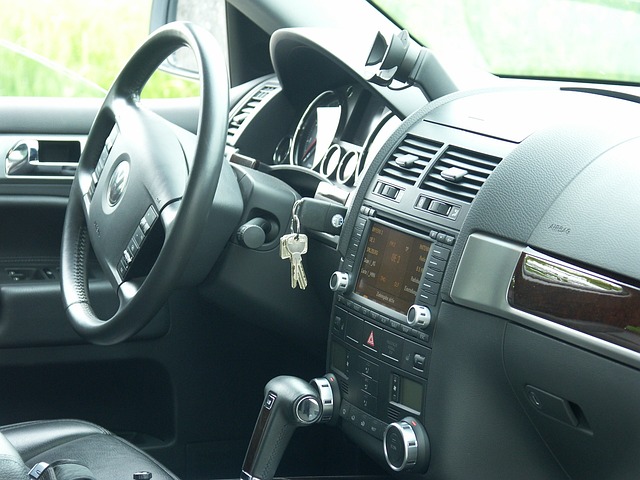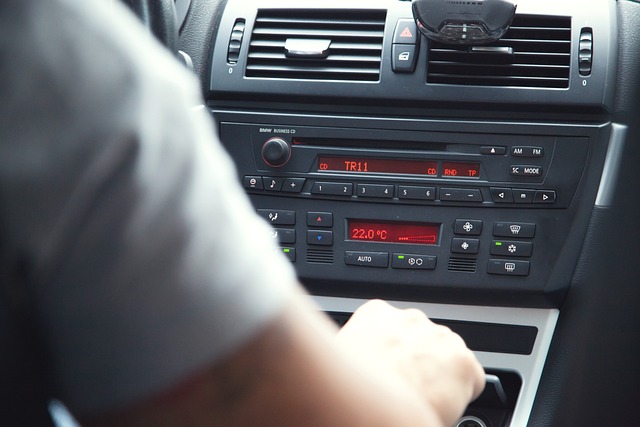
It can be frustrating and concerning when your car won’t start and only produces clicking sounds. However, understanding the potential causes and solutions will make it easier to address the issue. This comprehensive guide will help you pinpoint the core problem and offer specific methods to get your vehicle back on the road.

Understanding the causes of a dead or weak battery, as well as how to troubleshoot and resolve the issue, can save you time, money, and frustration.
Grasping the factors affecting battery life and performance will help you better manage your car and prevent unexpected breakdowns due to battery failure.
Leaving electrical accessories on for extended periods can drain your battery, preventing it from starting. Turn off these devices when not in use to conserve power.
Cold temperatures can negatively impact battery performance. A weak battery may struggle to start your car in colder weather. Consider a battery with a higher cold-cranking amp (CCA) rating for cold climates.
Recognizing the symptoms of a malfunctioning starter motor and knowing how to troubleshoot and address the issue can keep your car in good working condition and minimize downtime.
The starter motor turns the engine over when the key is turned or the start button is pressed. If it fails, clicking sounds may occur without engine engagement.
Watch for warning signs such as grinding noises, smoke, or a burning smell, which could indicate issues with the starter motor or its components.

Knowing the symptoms of a faulty ignition switch and how to diagnose and fix the issue will help maintain your car’s electrical system and prevent potential failures.
The ignition switch sends power from the battery to the starter motor. A faulty switch may not provide the necessary power, causing clicking sounds without engine cranking.
Difficulty turning the key, intermittent power loss, and stalling are all signs of a failing ignition switch.
Clean and secure battery connections are essential for proper electrical flow. Damaged or corroded connections can cause your car to fail to start and produce clicking sounds.
Ensuring clean battery connections promotes efficient electrical flow, preventing starting issues.
Look for white, blue, or green deposits around battery terminals, which signal corrosion. Loose or frayed cables can also lead to poor connections.
Identifying signs of a faulty alternator and knowing how to diagnose and fix the issue will help keep your car running smoothly and prevent unexpected breakdowns.
The alternator charges the battery and powers the vehicle’s electrical system. A malfunctioning alternator can cause a dead battery, resulting in clicking sounds when trying to start your car.
Dimming headlights, flickering dashboard lights, and warning indicators on the dashboard can all signal a failing alternator.
Recognizing symptoms of a malfunctioning fuel pump and understanding how to diagnose and fix the problem can help maintain your vehicle’s performance and avoid potential complications.
The fuel pump transfers gasoline from the tank to the engine. A faulty fuel pump can cause your car to crank but not start, or produce clicking sounds without the engine cranking.
Difficulty starting, poor engine performance, and stalling are all signs of a failing fuel pump.
Proactively maintaining your vehicle helps avoid common starting issues and promotes efficient functioning of your car’s components. Consistent inspections and maintenance can save time, money, and frustration.
Create a schedule including routine checks and services like oil changes, tire rotations, and fluid top-ups to maintain optimal car condition.
Examine electrical components like the battery, starter motor, and alternator regularly to identify and address issues early on.
Monitor the fuel system, including the fuel pump, fuel filter, and fuel injectors, to ensure efficient fuel delivery and avoid starting problems.
Examine the ignition system, such as the ignition switch, spark plugs, and ignition coils, to maintain peak performance and prevent starting issues.
Consult a professional technician for routine inspections and complex repairs, guaranteeing your car gets the expert care necessary for smooth and reliable operation.
Various factors, such as a dead or weak battery, faulty starter motor, bad ignition switch, damaged or corroded battery connections, malfunctioning alternator, or faulty fuel pump, can cause your car to not start and only produce clicking sounds. By identifying these causes and troubleshooting each component, you can pinpoint the source of the problem and take necessary actions to fix it.
Regular maintenance and inspections can help prevent many of these issues. Routinely check your battery, starter motor, ignition switch, connections, alternator, and fuel pump to ensure they are in good working order.
If you are unsure about diagnosing or fixing the problem, it’s always best to consult a professional technician.
Keep in mind that your vehicle’s health and performance rely on a variety of properly functioning components. By addressing any issues as soon as they arise, you can avoid more severe problems down the line and ensure your car runs smoothly for many years to come.